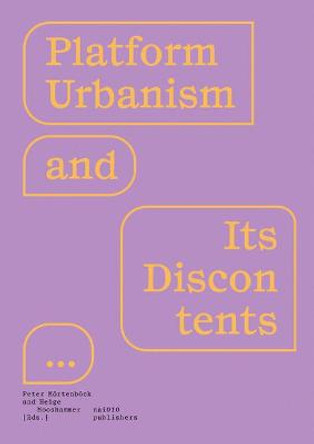This is a 1992 study of writing of the seventeenth and eighteenth centuries, mainly in France, but also in Britain and Russia. Its focus is on the establishing and questioning of rational, 'civilized' norms of 'politeness', which in the ancien regime meant not just polite manners, but a certain ideal of society and culture. Within this general context, a series of familiar oppositions, between polite and rude, tame and wild, urban(e) and rustic, elite and popular, adult and child, reason and unreason, gives the initial impetus to enquiries which often show how these opposites interpenetrate, how hierarchies are reversed, and how compromises are sought. Polite society, like polite literature, needs and desires its opposite. The ideal is often the meeting of garden and wilderness, where the savage encounters the civilized and gifts are exchanged. Professor France points to the centrality, but also the vulnerability, in classical culture, of the ideal of 'politeness', and his discussion embraces revolutionary eloquence and enlightened primitivism, the value of hyperbole, and the essay as a form of polite sociability.
A 1992 study of the place and nature of the ideal of politeness in seventeenth- and eighteenth-century writing in France, Britain and Russia.Reviews"These well-crafted essays are particularly valuable for their breadth of scholarship and for the attention paid to minor writers or less well-known works of major figures....Politeness and Its Discontents is a valuable...contribution to the debate over the meaning and legacy of the Enlightenment." Julie C. Hayes, Eighteenth-Century Fiction
Book InformationISBN 9780521029865
Author Peter FranceFormat Paperback
Page Count 260
Imprint Cambridge University PressPublisher Cambridge University Press
Weight(grams) 348g
Dimensions(mm) 215mm * 139mm * 14mm









